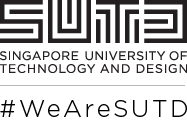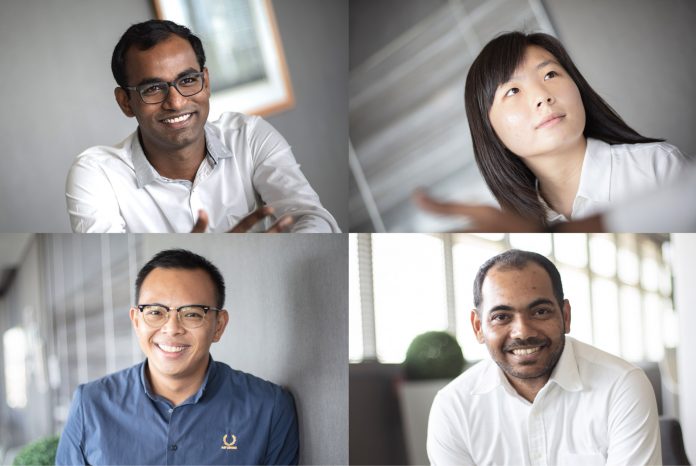Undergraduates have it pretty good sometimes. Their journeys tend to be well-defined, made up of curriculum designed and refined upon with the interest of their students in mind. PhD programmes, on the other hand, are not as clear-cut.
The PhD journey is by and large a self-directed one. The onus is on the candidate to give themselves the best learning experience possible. They have to come on board knowing what research direction to take, and which institution or professors can best facilitate their studies.
At this level, it’s often more of a personal journey rather than an institutional one. That’s why it’s never clear-cut. It’s a journey that differs with every individual.
To get a clearer picture of what it’s like to be a PhD student, we followed the journeys of Kranthi, Jun Liang, Alok and Katherine to find out.
Kranthi Bannuru – The industry all-rounder
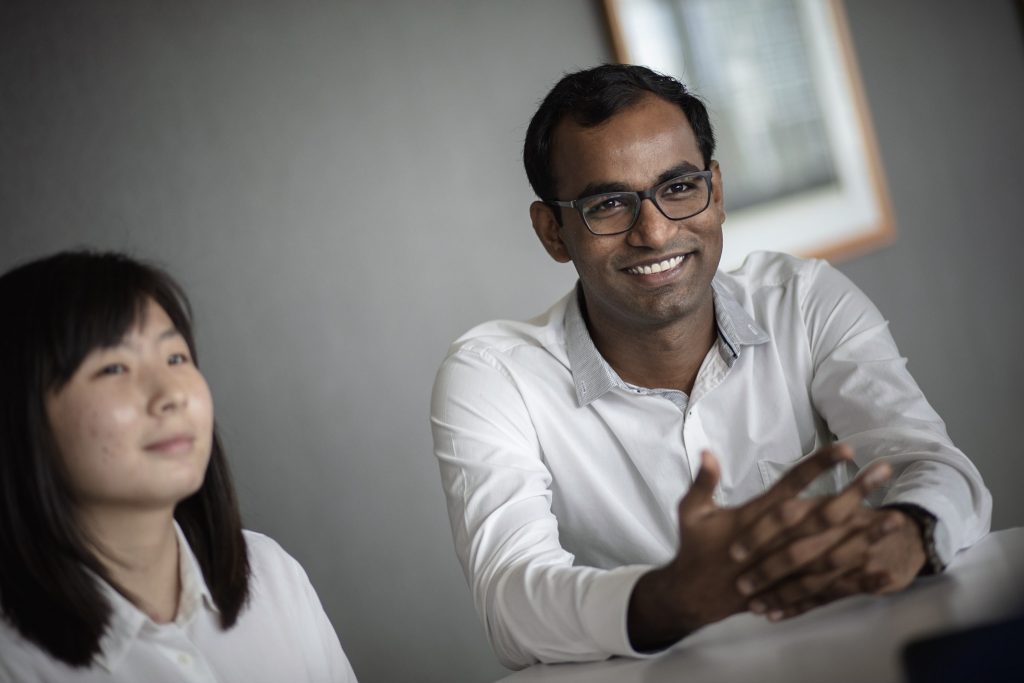 Kranthi knew right from the start that he wanted to pursue a PhD. Yet, he still took his time and “took all the detours possible” before he initiated his journey. “I wanted to be as prepared as possible,” he says.
Kranthi knew right from the start that he wanted to pursue a PhD. Yet, he still took his time and “took all the detours possible” before he initiated his journey. “I wanted to be as prepared as possible,” he says.
Kranthi did his undergraduate studies in India before coming to Singapore to do his masters in a joint programme between NUS and the Technical University of Munich. Upon graduation, he spent six months working as a research assistant in the Netherlands. “I wanted to have some first-hand experience before I actually took on a PhD,” the material science researcher relates. He’s currently working in the area of polymer membranes.
To Kranthi, prior experiences really help PhD students decide if a field is a good fit for them. “Things always look good on the outside,” he explains, “but it’s only when you step into it, even if it’s like two steps, then you’ll know whether you’ll like it. PhDs are like that in general.” His advice? Talk to people, take up internships. “I, too, have changed my interest at some point, and that’s ok.”
Before he came to SUTD, Kranthi was looking for a place that would make his PhD unique. He wasn’t interested in going down the same academic route, working on similar things as the others – “then it’s not a thing anymore,” he shares. That’s when he met his advisor, Professor Hong Yee Low. “She is flexible with me experimenting on different things. I have the freedom to explore and create my own projects. That’s why I chose SUTD.”
At the end of the day, Kranthi hopes to integrate the research experiences he gained during his PhD journey with industry knowledge and be the unique someone who can offer an all-rounded point of view. “Most people only know one side of the story. I want to be the one who knows how things work from both sides and use it to make an impact.”
Lau Jun Liang – The passionate advocate
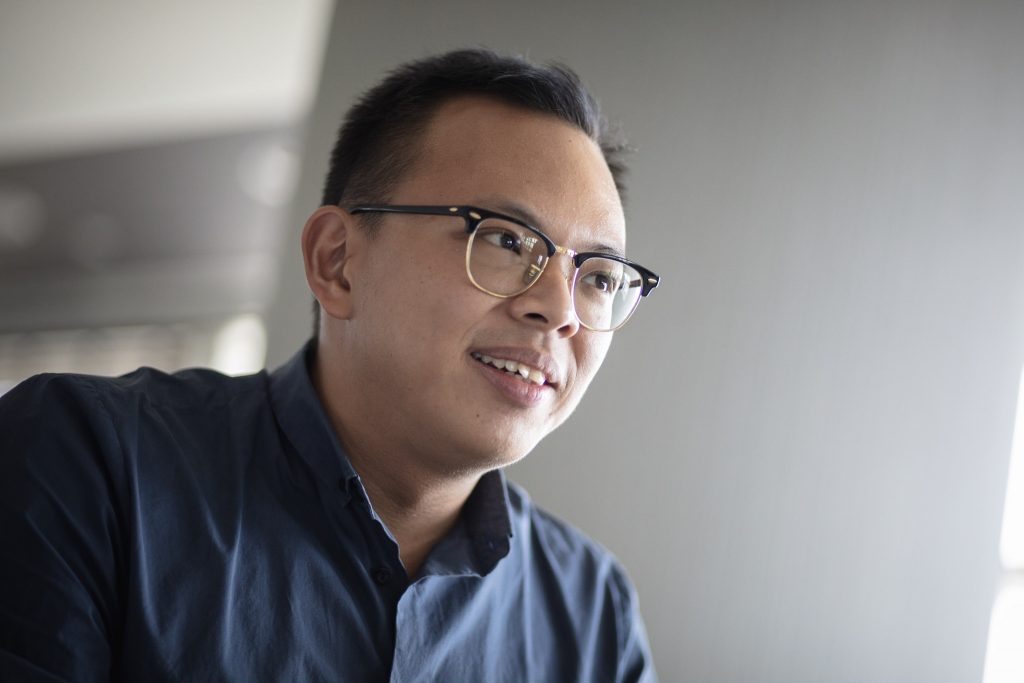 Jun Liang worked as a mechanical engineer in a biotech firm after graduating from the Singapore Institute of Technology (SIT). Two years into his job, he decided it’s time to make the switch to pursue his PhD.
Jun Liang worked as a mechanical engineer in a biotech firm after graduating from the Singapore Institute of Technology (SIT). Two years into his job, he decided it’s time to make the switch to pursue his PhD.
“I feel a need to be good at both theoretical and practical aspects of my work,” the biomechanics and medical sensors researcher recounts, “SUTD has a good balance in these two areas, that’s why I’m here.” Next to him, Alok nods fervently, “I have to agree. There are many open courses from the other pillars that we can take if we want to. That’s one of the major benefits of SUTD.”
On top of that, Jun Liang was also drawn to the campus’ “really, really well-established labs,” he describes, “I love experiments and model making. Here, I can do my own prototypes and models, which is a great thing.”
To Jun Liang, a good grasp of both theoretical and practical knowledge grants him the flexibility to traverse both academia and industry sides of work. While he’s still vacillating between the two, his ultimate goal is to inspire future generations of engineers, whether it’s in the capacity of a professor or an industry manager. “I owe it to a lot of people to get to where I am today,” he elaborates, “and I hope that what I’ve been through can be a story that I can share with others in future.”
If there’s one advice he’d like to share with aspiring PhD students, it would be passion. “If you want to enjoy what you do, you mustn’t view it as something you don’t like. That’s very important.”
Alok Patra – The collaborative innovator
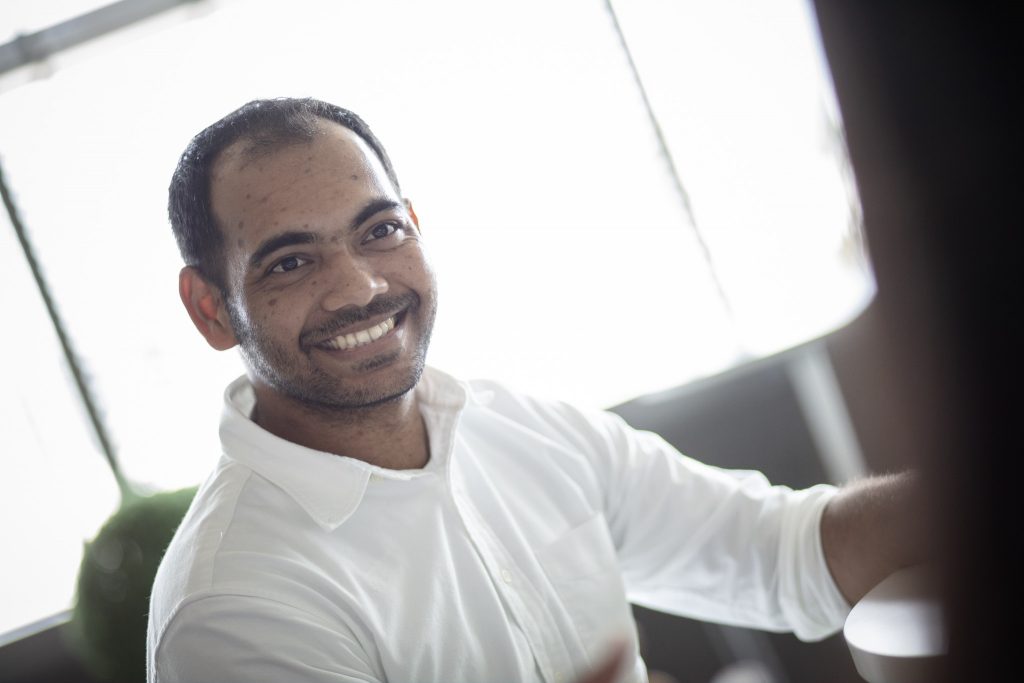 For Alok, deciding on a research topic wasn’t an arduous task. After all, he had been working as a malaria researcher in NTU for the past three years. Naturally, his PhD followed. “There’s still a learning curve for me, but having the fundamentals of malaria research from my prior experience has its merits,” he relates.
For Alok, deciding on a research topic wasn’t an arduous task. After all, he had been working as a malaria researcher in NTU for the past three years. Naturally, his PhD followed. “There’s still a learning curve for me, but having the fundamentals of malaria research from my prior experience has its merits,” he relates.
That said, working on a familiar topic doesn’t necessarily make his PhD life any easier. While his area of research remains constant, the challenges he face as a PhD researcher are very different – and that’s what he thinks can help him grow as a researcher. “As PhD students, we have to be very strong and independent to deal with tough situations that come our way,” Alok expands, “we’ve got to be good at stress management, and that’s something that can be applied across all fields.”
Alok decided to bring his research to SUTD because of its collaborative culture. “There wasn’t a very good integration of technology in basic science in other institutions, perhaps due to the limited interaction between professors and departments,” Alok explains, “In NTU for example, one department alone has like 500 people. People hardly talk to one another, let alone across departments.”
Jun Liang agrees and interjects, “Collaboration is not as easy in other universities. You have to create official meetings, visit other departments before you can forge a collaboration. Over here, we’re seated in graduate clusters (offices where students are placed randomly rather than according to pillars). It’s so much easier to mingle, collaborate and generate new ideas.”
It was this ease of collaboration that enabled Alok to work with colleagues from the optical field to develop portable microscopes that can detect malaria parasites – a breakthrough invention that was picked up by The Straits Times.
“Being small isn’t necessarily bad. It makes us efficient,” he remarks.
Katherine Fennedy – The confident go-getter
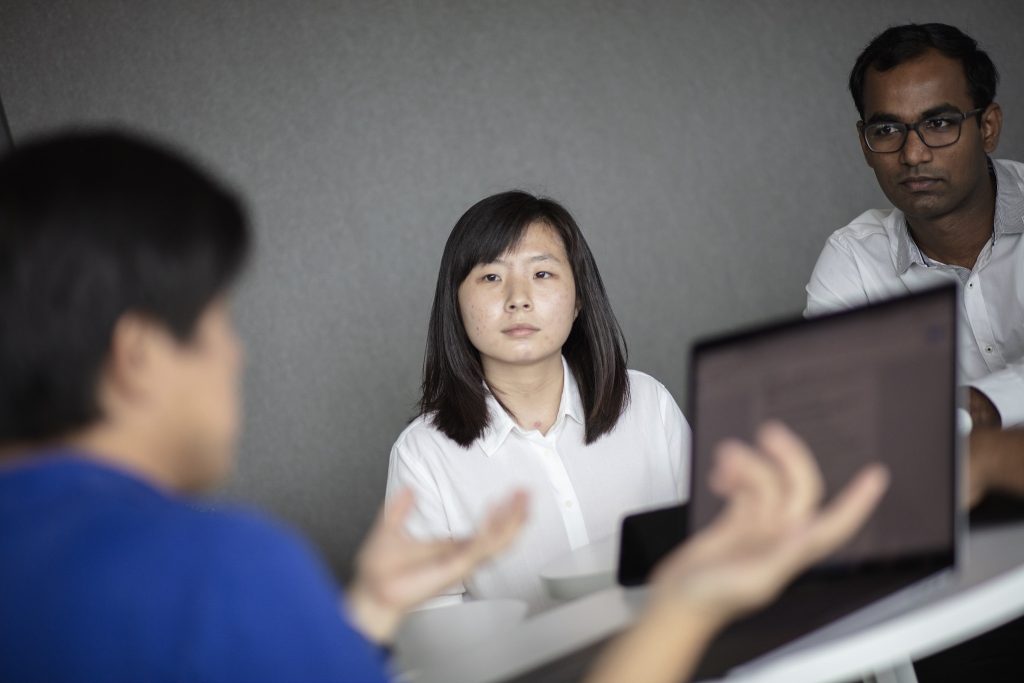 Katherine did not take a break after her undergraduate studies in SUTD. She jumped back in and commenced her PhD journey right away. “I might change my mind if I delay any further,” the human-computer interaction scientist quips.
Katherine did not take a break after her undergraduate studies in SUTD. She jumped back in and commenced her PhD journey right away. “I might change my mind if I delay any further,” the human-computer interaction scientist quips.
Katherine chose to stay in SUTD for the same reason she joined in the first place. “I chose SUTD because it’s a young university,” she explains, “after experiencing what it’s like to be here for 3.5 years, there was no reason why I shouldn’t extend my relationship with it.” The tight-knit community is another reason why she’s not going elsewhere. “The graduate population is tiny,” she explains, “it’s easy for us to share our stories and problems with one another. It’s very homely and comfortable.”
When it comes to her area of research, Katherine holds a radically different view from Jun Liang. “If I know my passion is in something, I wouldn’t choose that as my research field,” she reasons, “I have to differentiate between work and hobby.” To Katherine, personality and confidence are what’s needed to survive the PhD journey. “If I have confidence in something, I’ll do it and not think twice. Passion can then be developed over time.”
Katherine is also adamant about not letting her PhD define her. “Many people assume that we take PhD because we want to be a professor,” she illustrates, “but that’s not true.” She hopes to apply her skills and knowledge on non-traditional routes like building or developing communities related to her field of work. Like Alok, Katherine believes that it’s the skills they gain from their PhD experiences that will shape them, regardless of their aspirations.
